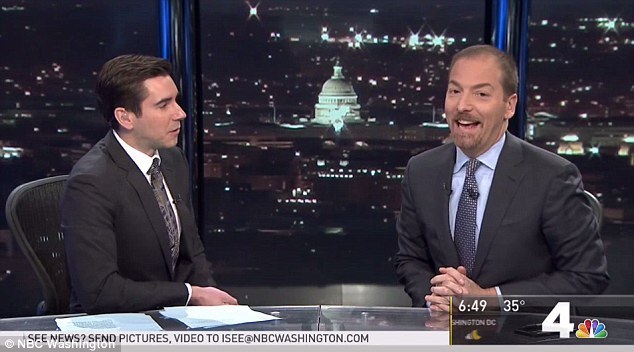In a conversation I had with the writer and community activist Stan Goff back in the late Spring, he touched on an issue about political change at the local level that struck me as not only deeply relevant but also extremely helpful to fellow citizens who feel enervated by the violent spectacle and economic stagnation that is today’s (dis)United States.
So, I’m going to quote him at length here:
“The first thing we have to do is not just re-localization. That just means gaining control over the things that impact on your life, but what about reducing people’s dependency on money? Because, to understand a highly specialized society, you have to go back to works like Labor and Monopoly Capital by Harry Braverman that talk about deskilling as a process, where detailed division of labor dictates that each person do one little repetitious task over and over again.
It’s impossible for people to be more independent or to have a view of the big picture in that type of economy. Also, deskilling has increased our dependence on general-purpose money. And so we want to start re-generalizing people and reskilling people. We don’t need more specialization. We need greater generalization. For those who care about leftist political and economic theory, Lenin’s worst error was embracing Taylorism, because efficiency is the heartbeat of the capitalist episteme and that efficiency is part of what’s driving us over the cliff.
If you’re talking about reducing dependency on money, which reduces your dependency on the capitalist class, we’re back to talking about food and water…Re-localization means practical efforts that increase our own capacities.”
In one of his recent pieces, MSNBC is Not Your Friend. Follow the Money, Stan zooms out to take a look at how integral the media complex is to social and economic control for the big Wall Street firms that operate our economy (and thus our politics). And this involves the primacy of money—for them, to be sure, but as important, for us, because it’s our need for money and their need to capture our money (through consumer behavior, debt, health care spending, etc.) that drives the whole she-bang.
Through the Words of Others podcast, you can listen to a reading of Stan’s rewarding and entertaining piece:
To round things out, even though Stan’s piece examines the mega-financial underpinnings, goals and strategies of the corporate media and its lackeys, by the end it winds up in the same place as the long quote I’ve placed above. If citizens can reduce their need for general-purpose money, big financial institutions that invest in media, health insurance and consumer products will see their growth stymied. And that screws up the system as it’s currently constructed; and that screwing up of the system necessarily shifts power away from financial oligarchs and towards the general public.
A quick example: As Stan explains at the end of the piece, Medicare for All would massively reduce our collective need for general-purpose money (in the form of premiums, co-pays, and out-of-pocket health expenses that average annually in the thousands for most of us). And this would free up the citizenry to pursue even more activities that screw up the long-term viability of the current system.
This is one of the great powers of his analysis. He’s consistently able to zoom in on what constitutes local life, and then zoom back out to larger-scale cultural and economic-wide observations—all using similar analytical tools and identifying goals, both big and small, that can benefit the populace and the ecosystems of which we’re all a part.
I recommend following Stan through his column on Medium. Also, check out the man’s books, which he’s been publishing habitually for almost 20 years now. When you find yourself asking that age-old question “what do I do, what do I do?”, his work can point you in some practical directions you can actually wrap your head around.
As always, thanks for reading and thanks for listening.
If you appreciated this article and believe in empowering truly independent journalists who can discuss these weighty issues that splinter society and expose the organized lies of conventional wisdom, consider contributing on my behalf and empowering my work.
As discussed in our statement of purpose, we are determined to reclaim journalism from the clutches of corporatism. As such, we are driven and powered solely by the kindness and support of our readers. 100% of the proceeds of contributions to the author that is found at the bottom of each article will go to the writer of the article. Click on the button above to make a contribution as you are able. Thank you for your continued support.
Stephen Boni
Latest posts by Stephen Boni (see all)
- Current State of U.S.-Centralized Empire Confounds Easy Answers: Reading Andre Vltchek & Dmitry Orlov - December 23, 2019
- The Combined Power of Storytelling, Logic and Irreverence: Reading Caitlin Johnstone & Nathan J. Robinson - December 4, 2019
- Highways of Hegemony: Reading Act VI of Cory Morningstar’s Series on Green Capitalism - November 20, 2019



